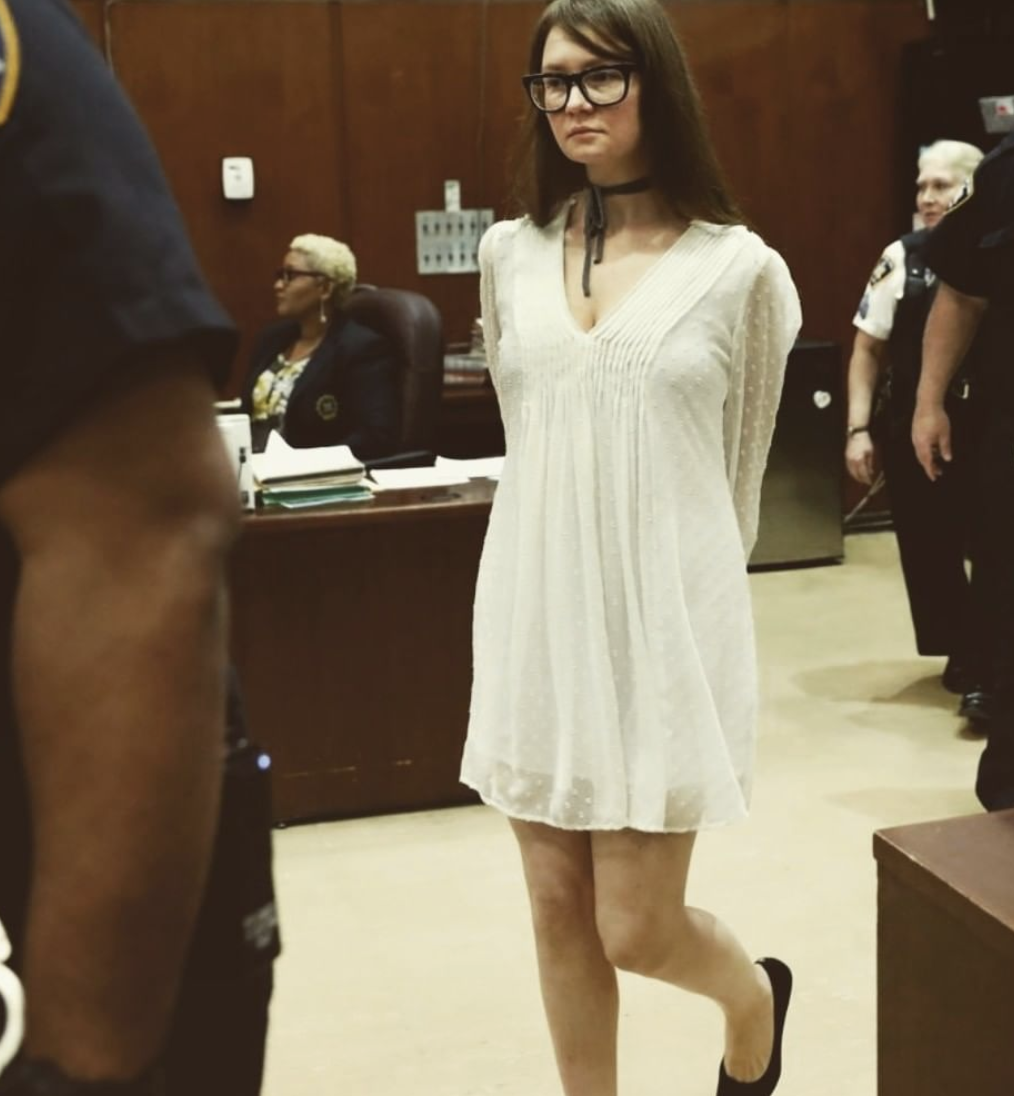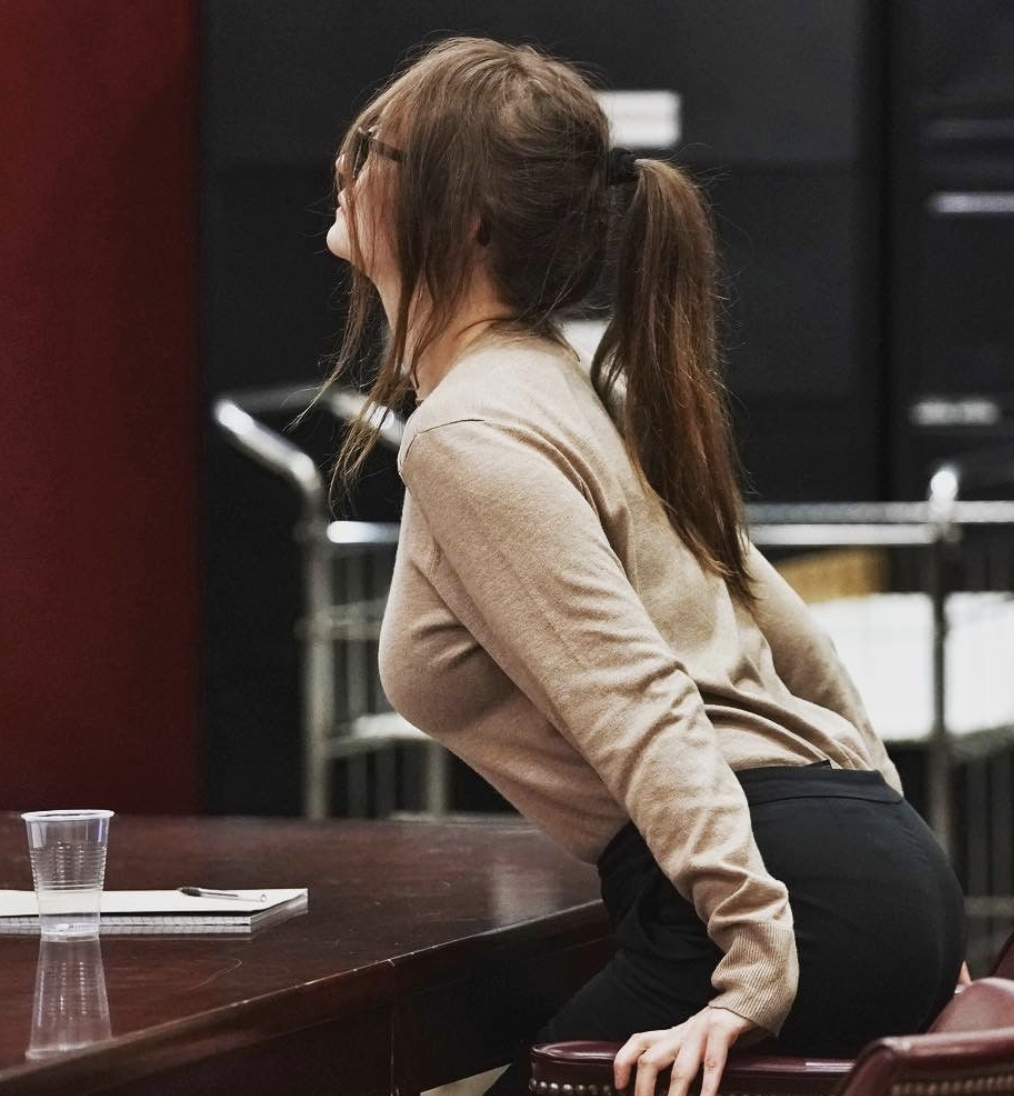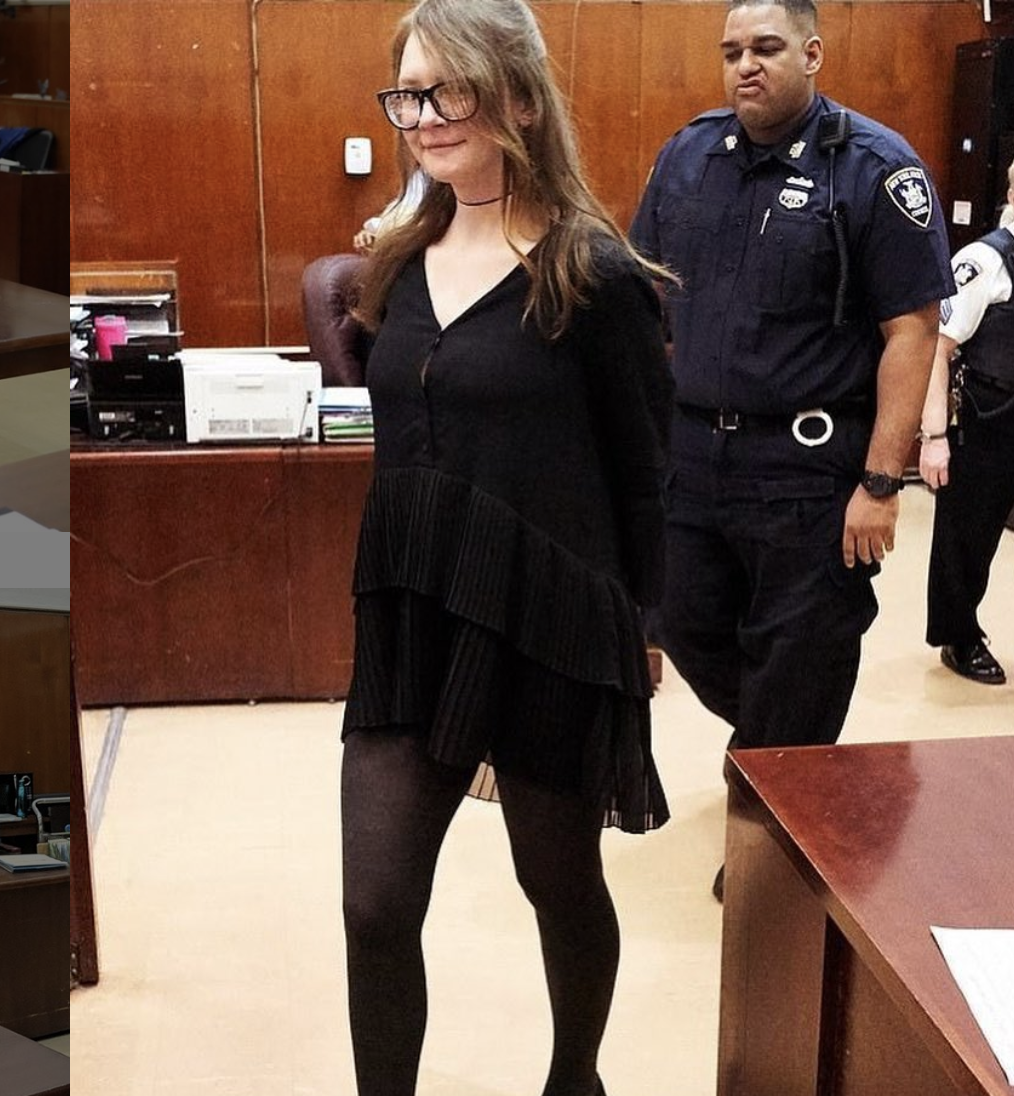By now, millions of people have read about ‘Anna Delvey’, an alias used by Russian-born con artist Anna Sorokin, who became infamous after a New York Magazine story about her exploits – including scamming hotels and restaurants out of thousands of dollars, conning a friend into unwittingly paying for a $60,000 Moroccan vacation – went insanely viral last spring. Publishers rushed to secure book rights for her story, and Netflix has reportedly commissioned a series producer by “Grey’s Anatomy”‘s Shonda Rhimes.
But Sorokin’s blossoming fame wasn’t enough to avert a guilty plea: On Thursday, she was found guilty on a charge of second degree grand larceny – a charge carrying a maximum penalty of 15 years in prison. However, she was acquitted of the most serious charge: Attempted grand larceny in the first degree over an attempt to swindle a hedge fund out of $22 million. Still, since she was reportedly living in the US illegally, once Sorokin has served her sentence, she will likely be deported.
Here’s more from The NYT:
But prosecutors in Manhattan said it was all a lie. Ms. Sorokin, they said, swindled $275,000 from the rich and the unsuspecting – including friends and financial institutions – to pay for the luxurious lifestyle she so desperately desired.
On Thursday, a jury convicted Ms. Sorokin, 28, of most of the charges against her, including second-degree grand larceny, theft of services and one count of first-degree attempted grand larceny. She faces up to 15 years in prison on the second-degree grand larceny charge.
But jurors found her not guilty of one of the most serious charges — attempted grand larceny in the first-degree regarding a $22 million loan she tried to obtain. They also acquitted her of stealing $60,000 from a friend who paid for a trip to Morocco.
While Sorokin’s defense attorneys portrayed her as a delusional liar whose behavior stopped short of criminality, prosecutors didn’t mince words: Sorokin knowingly and intentionally conned people and businesses out of thousands of dollars during her multi-year crime spree.
“She stole from banks,” Ms. Mays-Williams said. “She stole from hotels. She stole from friends. She tried to steal from a hedge fund.”
Not only did Sorokin swindle friends and the proprietors of some of New York’s swankiest hotels and restaurants, she managed to convince a well-known attorney to represent her without needing to put up any ‘proof’ of the wealth she claimed back in Germany. Her lawyer helped her secure a $100,000 loan from City National, which she obtained by forging documents, then she turned around and tried to use that money to secure an even larger sum from a well-known hedge fund.
She began negotiations with the landlord, while her lawyer at the time, Andrew Lance, sought financial assistance from hedge funds and banks, prosecutors said.
One bank, City National, had already turned down Ms. Sorokin’s request for a $22 million loan when a banker there could not determine the source of her wealth, prosecutors said.
She forged financial statements and lied about her family and her name, evidence at the trial showed. She even made up a fictional accountant and a fake financial adviser with email addresses that were traced back to Ms. Sorokin, prosecutors said. Whenever discussions about money would arise, she would vow to wire funds from her account in Germany. Yet no money was ever transferred.
Sorokin took the money she borrowed from City and tried to use it to swindle the hedge fund Fortress investment Group (a wholly owned subsidiary of Soft Bank) into handing over a $25 million loan. However, the firm eventually balked when Sorokin failed to provide proof of the money she said was held in an account in Germany. When the firm asked to see identification, she showed them a Russian passport, even though she claimed to have been born in Germany, which made the financiers uneasy, and they swiftly pulled out.
But instead of returning the $100,000 she had borrowed from City, Sorokin used most of the money to finance her lavish lifestyle, with no intention of ever paying back the bank (she had already lost $45,000, the amount she had paid Fortress to conduct its due diligence on her).
Utilizing an old-school tactic of financial fraud, Sorokin wrote bad checks and deposited them into her checking account before withdrawing cash, a process called ‘check kiting’. She left Citibank on the hook for tens of thousands of dollars.
More on that from the Daily Mail:
Between April 7 and April 11 in 2017, prosecutors said Sorokin deposited $160,000 in bad checks into her Citibank account and transferred $70,000 before the checks could bounce.
In August, prosecutors said Sorokin opened a bank account with Signature Bank and deposited $15,000 of bad checks into the account. She withdrew about $8,200 in cash before the checks were returned.
Delvay’s celebrity endured through her trial, and one dedicated observer even curated an Instagram page dedicated to her courtroom looks (the New York Post had a field day when Delvay’s lawyers reportedly requested a delay because their client was having a ‘wardrobe issue’).
If nothing else, Delvay’s exploits show just how far ‘fake it ’til you make it’ can take you. She wasn’t just scamming unsuspecting restaurants and partyer: she hoodwinked some of NYC’s most powerful and discerning bankers. And thanks to her newfound fame, we imagine she will launch her own clothing line/production company or perhaps finally build the ‘art-focused social club’ that was reportedly the object of her scheming.
Who said crime doesn’t pay?
via ZeroHedge News http://bit.ly/2XOS3Ab Tyler Durden


